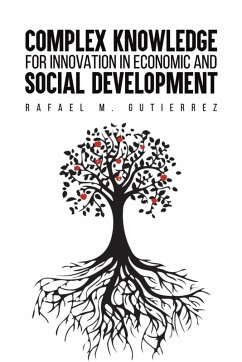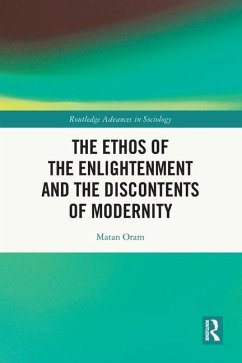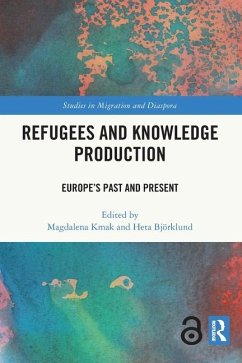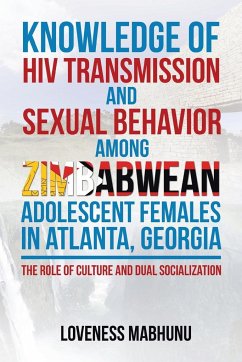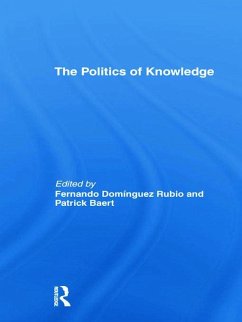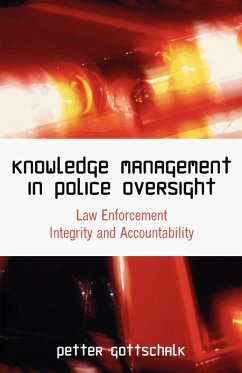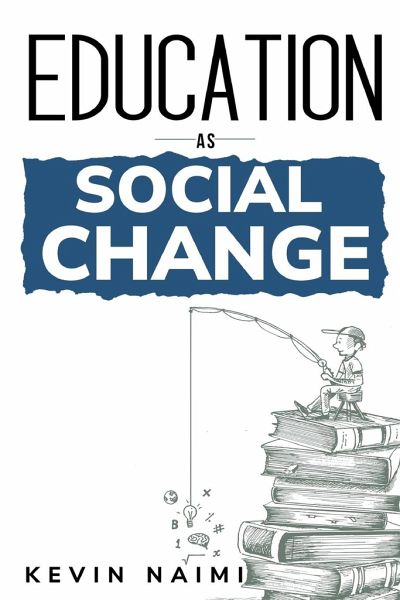
education as social change
Versandkostenfrei!
Versandfertig in 1-2 Wochen
49,99 €
inkl. MwSt.

PAYBACK Punkte
25 °P sammeln!
There is a common perspective on education today which has inscribed within it certain problematic assumptions regarding the nature of human agency and knowledge acquisition. We often work under the assumption that we, as educational practitioners, can indeed adequately ascertain and assess the condition of one's learning in a relatively straightforward manner without the threat of serious harm. But can we, in fact, rest confidently on such an assumption? Is education simply the transmission and internalization of information, and our duty then simply to transmit and verify (through tests) whe...
There is a common perspective on education today which has inscribed within it certain problematic assumptions regarding the nature of human agency and knowledge acquisition. We often work under the assumption that we, as educational practitioners, can indeed adequately ascertain and assess the condition of one's learning in a relatively straightforward manner without the threat of serious harm. But can we, in fact, rest confidently on such an assumption? Is education simply the transmission and internalization of information, and our duty then simply to transmit and verify (through tests) whether that transmission was a success? Or does the very manner in which we conceptualize education (an the agents engaged in the process) carry with it moral, social and political implications? The purpose of this thesis is to not merely illustrate the latter, but more specifically to illustrate how the widely held perspective on education today takes for granted a profoundly dis-abling perspective of human agency which serves to obscure the subtleties of learning along with the transformative capacity we each possess.





